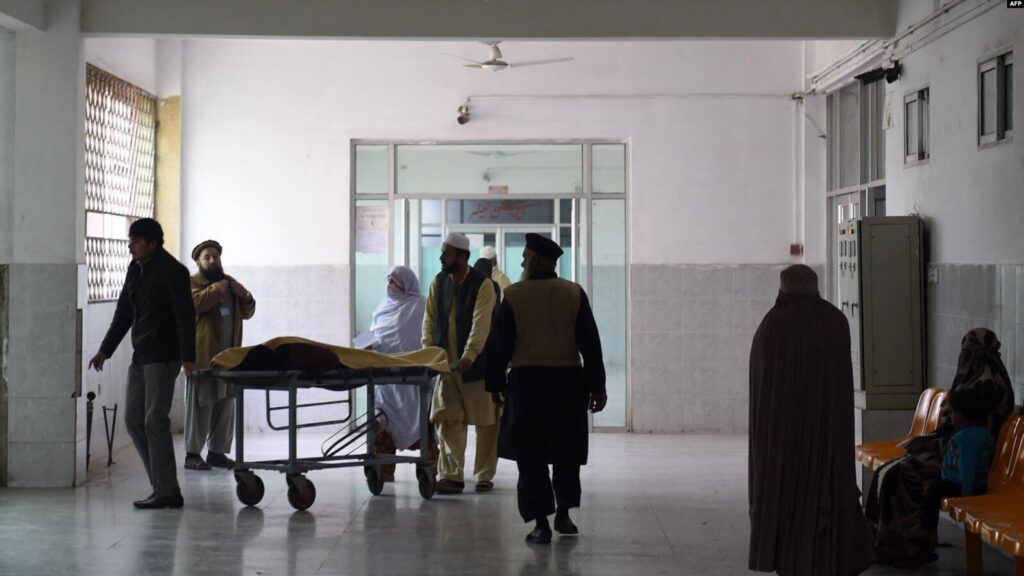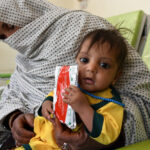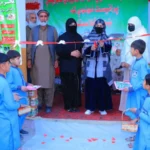The Special Inspector General for Afghanistan Reconstruction (SIGAR) has criticized the ongoing restrictions imposed by the caretaker government on women and girls in Afghanistan, stating that the continuation of this situation will result in increased maternal mortality in the country.
Today (Wednesday, November 14), SIGAR referenced United Nations reports, indicating that the current government’s restrictions on the rights of women and girls have placed Afghan mothers at greater risk.
The organization expressed concern that the ban on 1.1 million schoolgirls from attending school and at least 100,000 female university students from attending universities will lead to a 45% increase in early childbirth and a 50% rise in maternal mortality.
The report stated: “For many years, Afghanistan has had one of the worst maternal health records in the world. By 2020, under the Islamic Republic government, Afghanistan had the eighth highest maternal mortality rate globally, with 620 deaths per 100,000 live births.”
SIGAR noted recent reports from international organizations, particularly the United Nations, stating that 20,000 women in Afghanistan give birth each month in remote areas where access to healthcare facilities is extremely limited.
It continued that currently, only 67% of childbirths in Afghanistan occur in healthcare centers and under the supervision of midwives.
While expressing concern over the rising maternal mortality in Afghanistan, SIGAR highlighted that recently, the United Nations Population Fund reported that every two hours, one mother dies due to preventable complications related to pregnancy and childbirth in this country.
On November 5, this organization described Afghanistan as one of the most challenging countries for mothers, noting that Afghan women endure many difficulties during pregnancy and childbirth.
Concerns about increasing maternal mortality during childbirth in Afghanistan arise as the current government has taken control of the country and international aid has decreased, pushing the healthcare system to the brink of collapse.
Additionally, the World Health Organization warned that if funding shortages in the healthcare system continue, access to essential and life-saving health assistance for 7.6 million people in Afghanistan will be cut off.
According to this organization, $423 million is needed to provide healthcare services in Afghanistan for the years 2024-2025.













